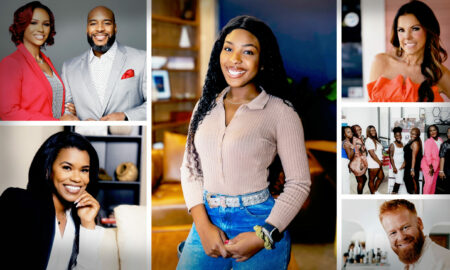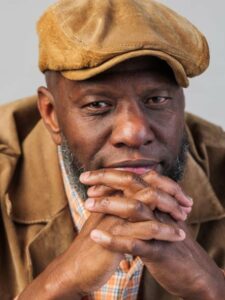 Today we’d like to introduce you to Leon Theodore.
Today we’d like to introduce you to Leon Theodore.
Hi Leon, it’s an honor to have you on the platform. Thanks for taking the time to share your story with us – to start, maybe you can share some of your backstories with our readers.
I created Perception Equals Potential (P.E.P.) because TOO MANY Black students, both here in Dallas and nationally, are being over-disciplined, removed from classes, and expelled. Leading to poor educational outcomes, low self-esteem, and for many, involvement with the justice system. For me, this is personal because I was once one of ‘those kids.’ I began with advocacy, community development, and policy work, which grew into the Educational Advocacy Services (EAS). EAS is an extension of the Perception Equal Potential project. This internship was created to empower parents, their scholars, and the communities they inhabit by training culturally competent Social Work Interns to create innovative strategies and solutions to a decades-old problem.
Would you say it’s been a smooth road, and if not, what are some of the biggest challenges you’ve faced along the way?
Advocacy is never easy. The very nature of the job is changing ‘mindsets.’ And that is NEVER a quick process. It’s hard enough for me to change MY mind, and I want the best for me! The initial struggle was making space for myself in the community. I’m not originally from Dallas, so people didn’t know my purpose or my motives. This is what we teach our interns: your biggest struggle is creating community and relationship with those you serve. Once the community and other advocates knew I was for them and not my own gain, it’s been smooth sailing with the community. As I stated, changing the mindsets of those in power is slow, burdensome, and exhausting but worth every minute.
Can you tell our readers more about what you do and what you think sets you apart from others?
I’m a Social Worker at heart. Everything I do centers around helping others find their destined path and achieving their best possible outcomes. I work with Education because to me, it’s a proactive way to approach an issue inundated with reactionary solutions. Ending mass incarceration and improving the communities affected by it is the mission of Texas Center For Justice and Equity. My initial project, P.E.P., was created to do this proactively. We focused on ending the school-to-prison pipeline through policy work, programming, and community empowerment. It was a natural progression for the creation of Educational Advocacy Services. EAS was born as I helped a mother fight to keep her child in school and not suspended. Seeing the injustice of zero-tolerance policies and racial bias firsthand, forced me to create a solution that directly impacted those most harmed and affected by these policies and practices. Research proves that School Social Workers who interact with their environment with cultural competence can influence the culture and climate for the better. Hence, EAS was created. We were successful our first year and recently expanded to partner with another major university and other schools here in Texas. Our interns gain relative, real-world experience that translates to solutions they can use in the field. One of our interns implemented the solution she created during the internship at the VA this year. I was extremely proud of her and that accomplishment. What we teach our interns has global relevance. The thing I’m most proud of are the lives I’ve seen changed by my perspective. To see interns find their place in this field is my greatest joy! I try to be a true leader. Leadership is about servanthood, not power. Leadership is a responsibility, and it takes courage to do it right. That’s what I want people to say about me. “He was a true leader with a heart for the people’. Not because of what I said but what I did.
Any advice for finding a mentor or networking in general?
I recently found mine for the space and work I’m doing now. I expressed this to him recently. ‘I’m always the mentor, never the mentee.’ Mentorship came when I needed it, not when I wanted it. Looking for a mentor is like looking for love. You can end up in some bad situations. It comes when you’re doing the work and when you need it the most. My advice is to take ‘mentorship’ from EVERY person, situation, and opportunity presented. Meaning, learn from everything. Some things teach you what you want to be or do. But most teach you what you DON’T. You have to be ready for a mentor. Humble, self-aware, open-minded, and willing. Until then, I’ve found you won’t be able to receive what a mentor can offer.
Contact Info:
- Facebook: https://www.facebook.com/EdAdvocacyServices
- Linkedin: https://www.linkedin.com/in/leontheodore/
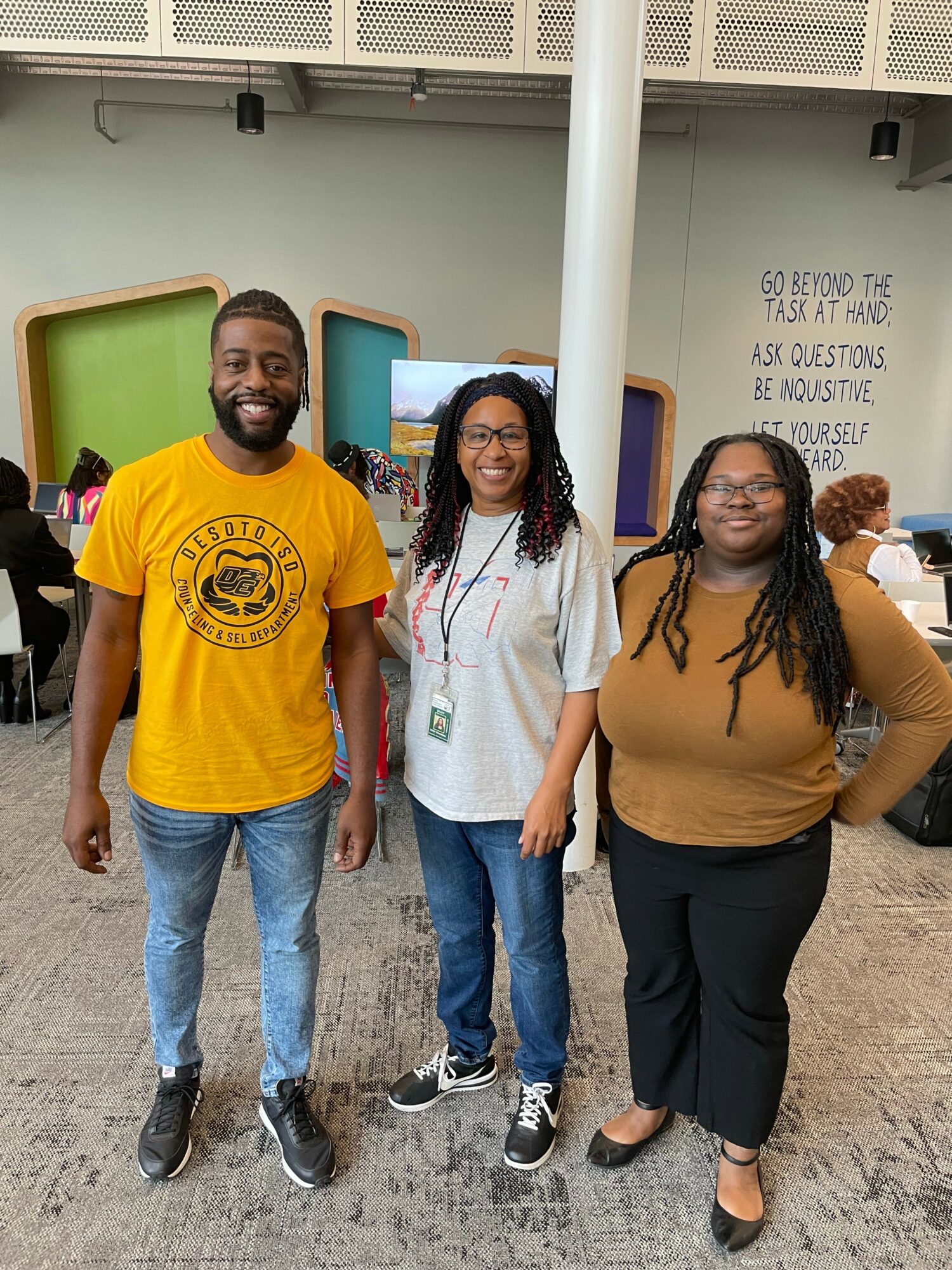
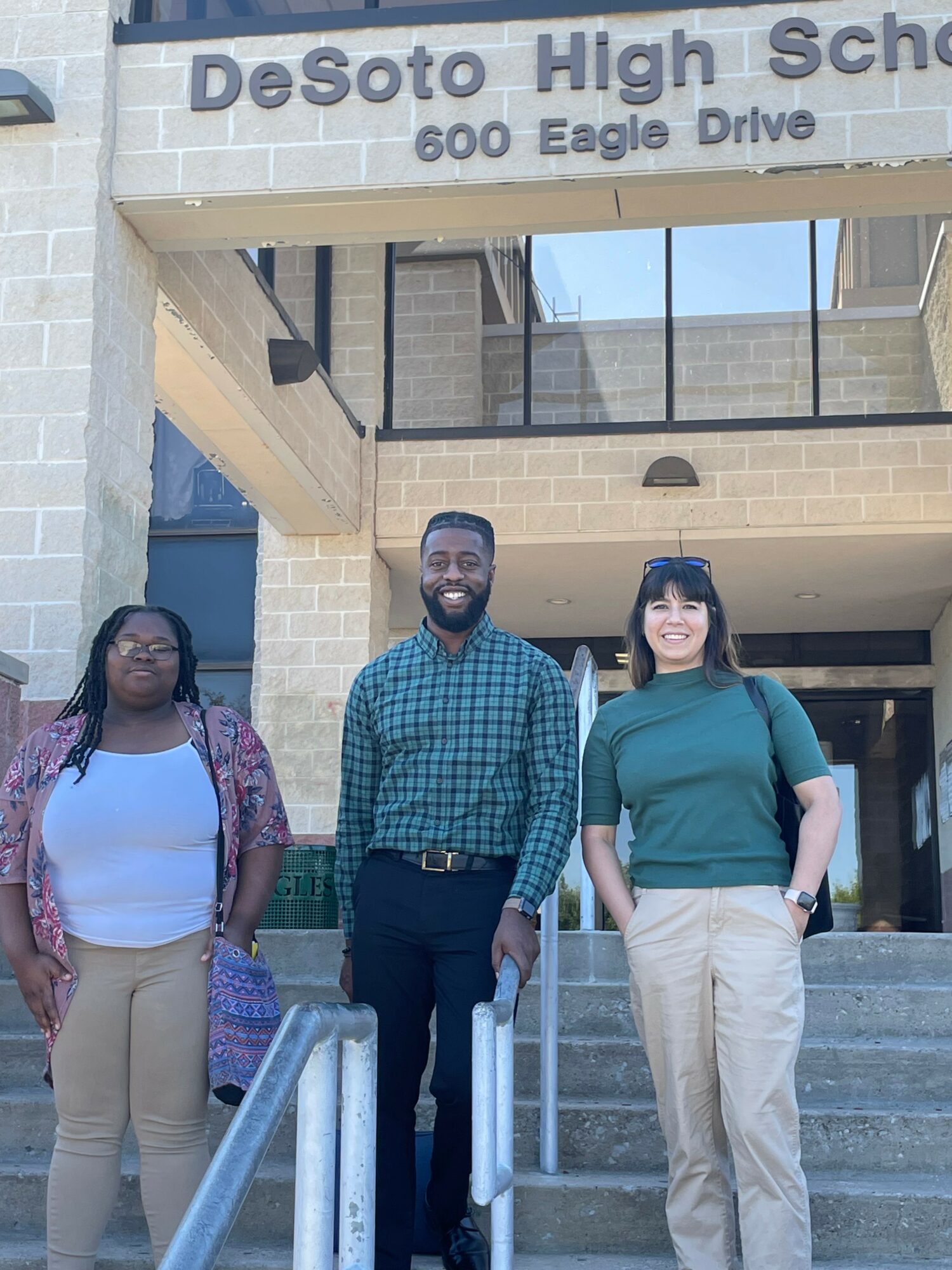
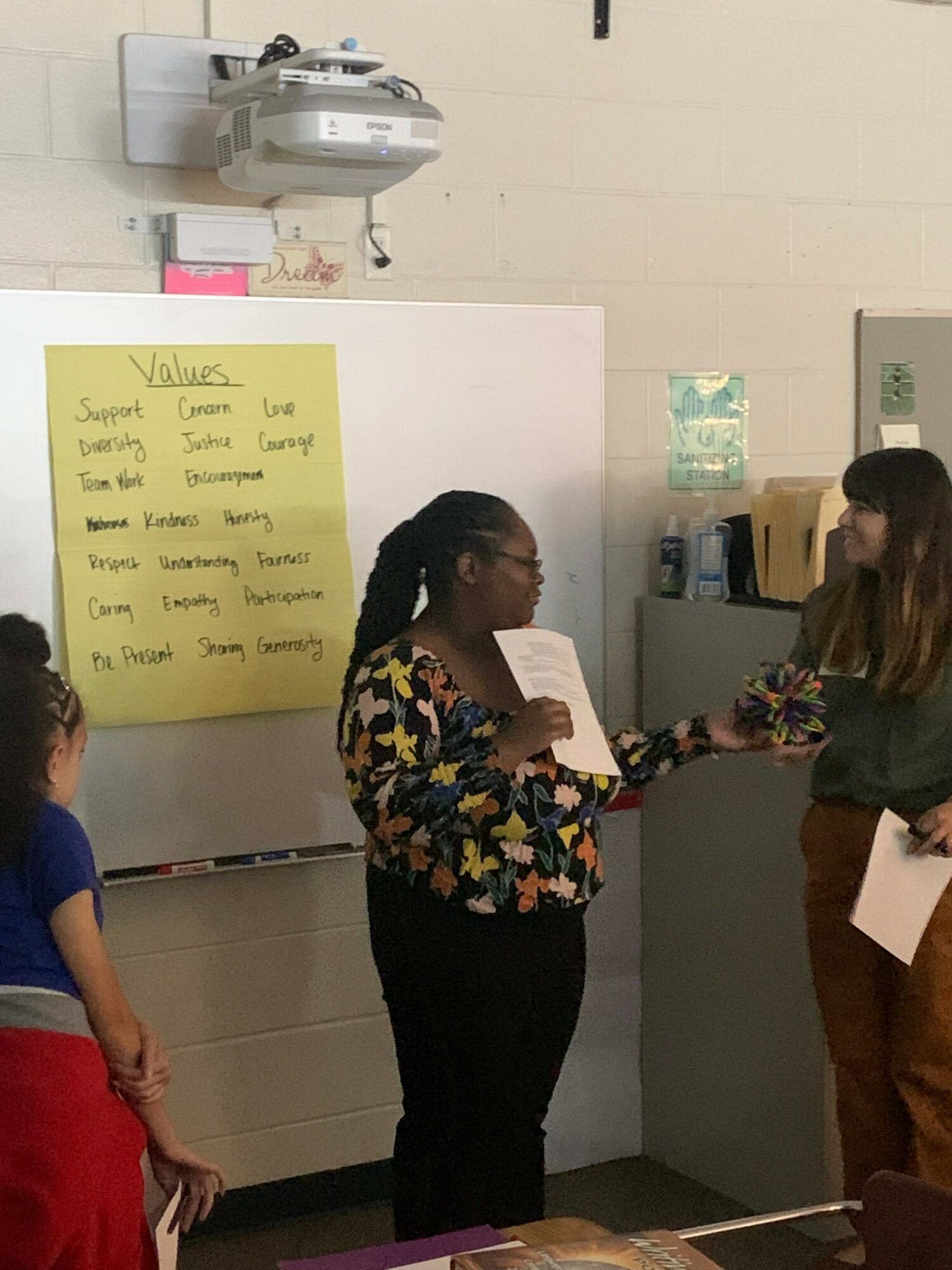
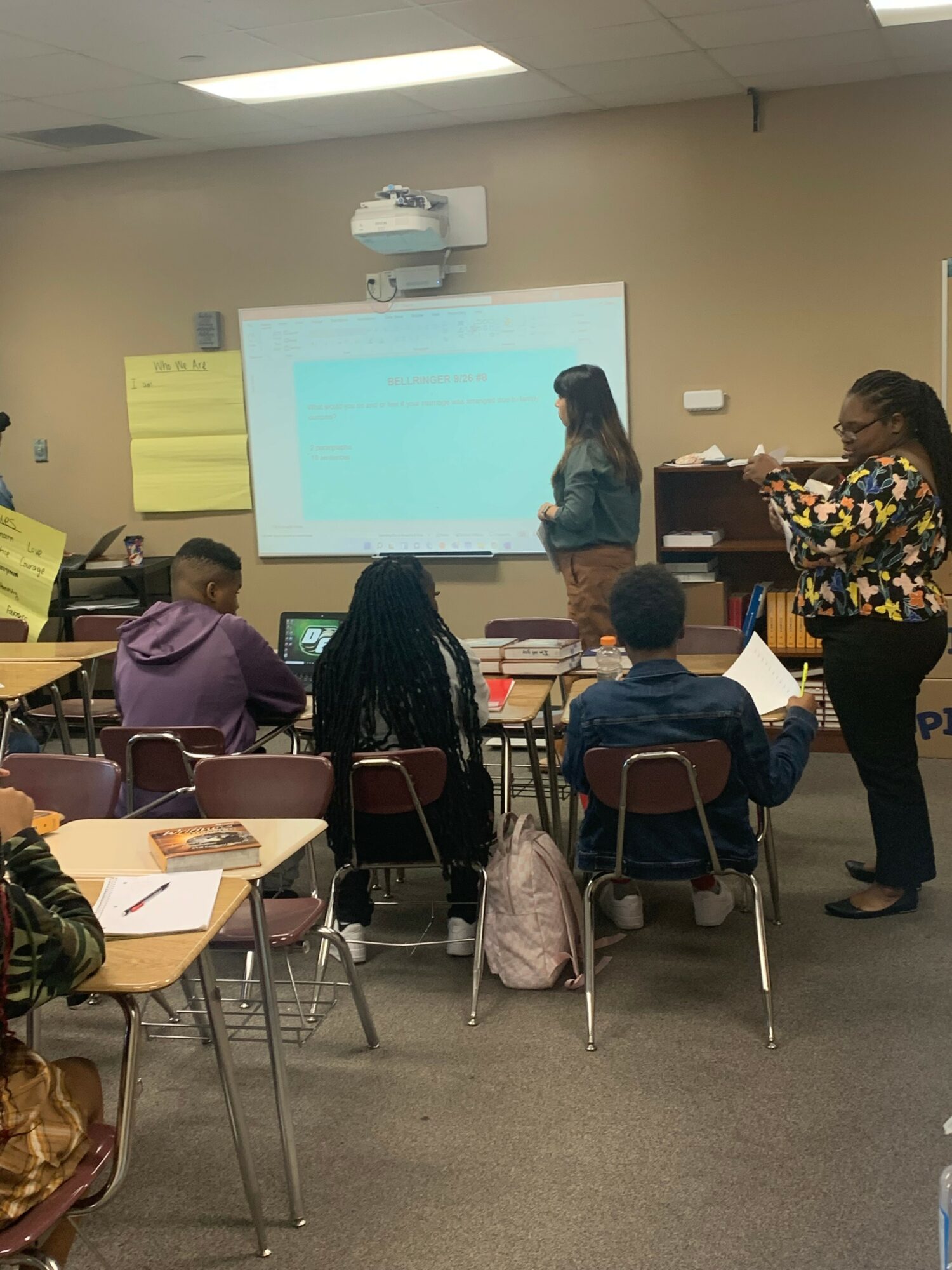
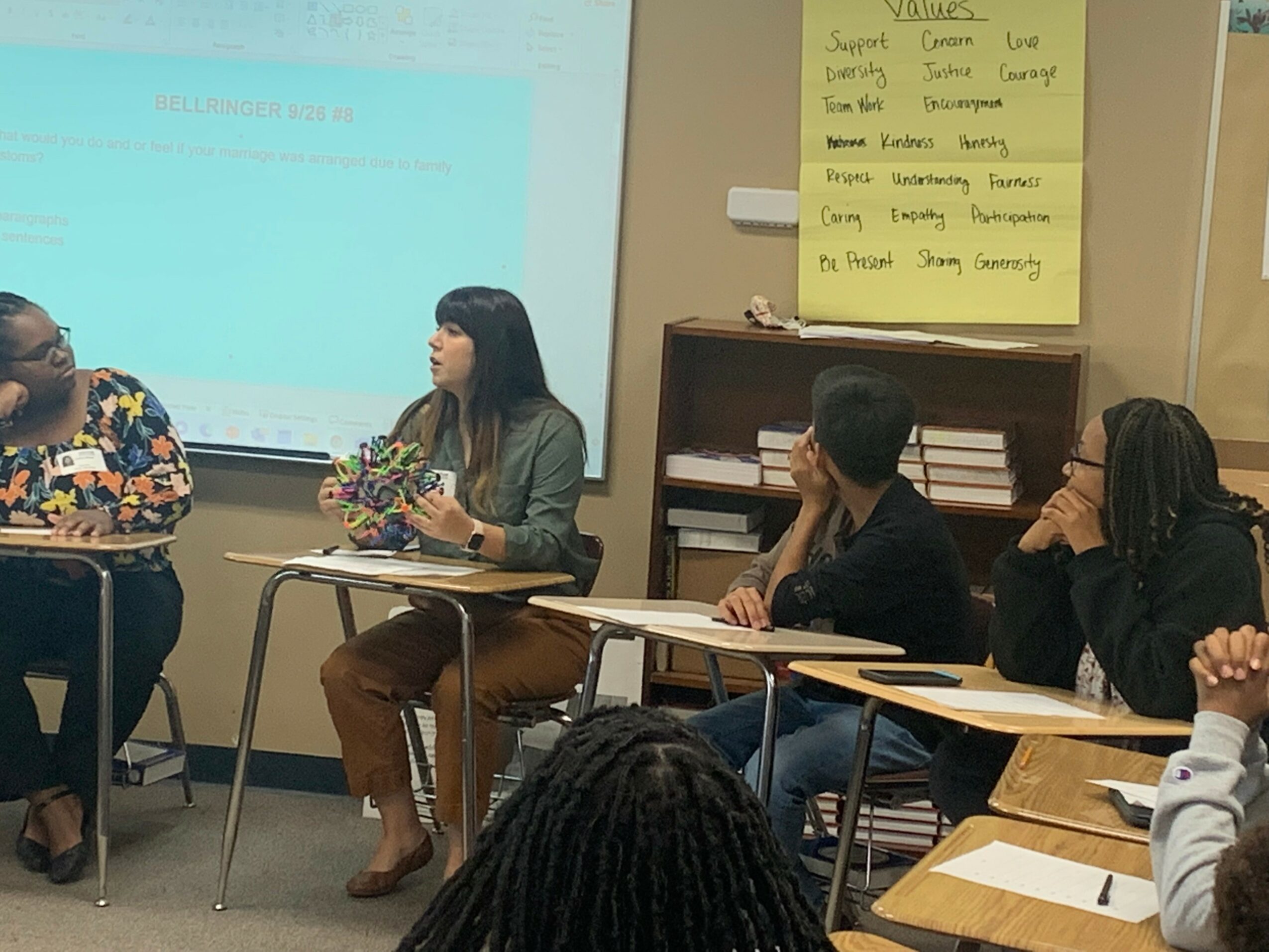
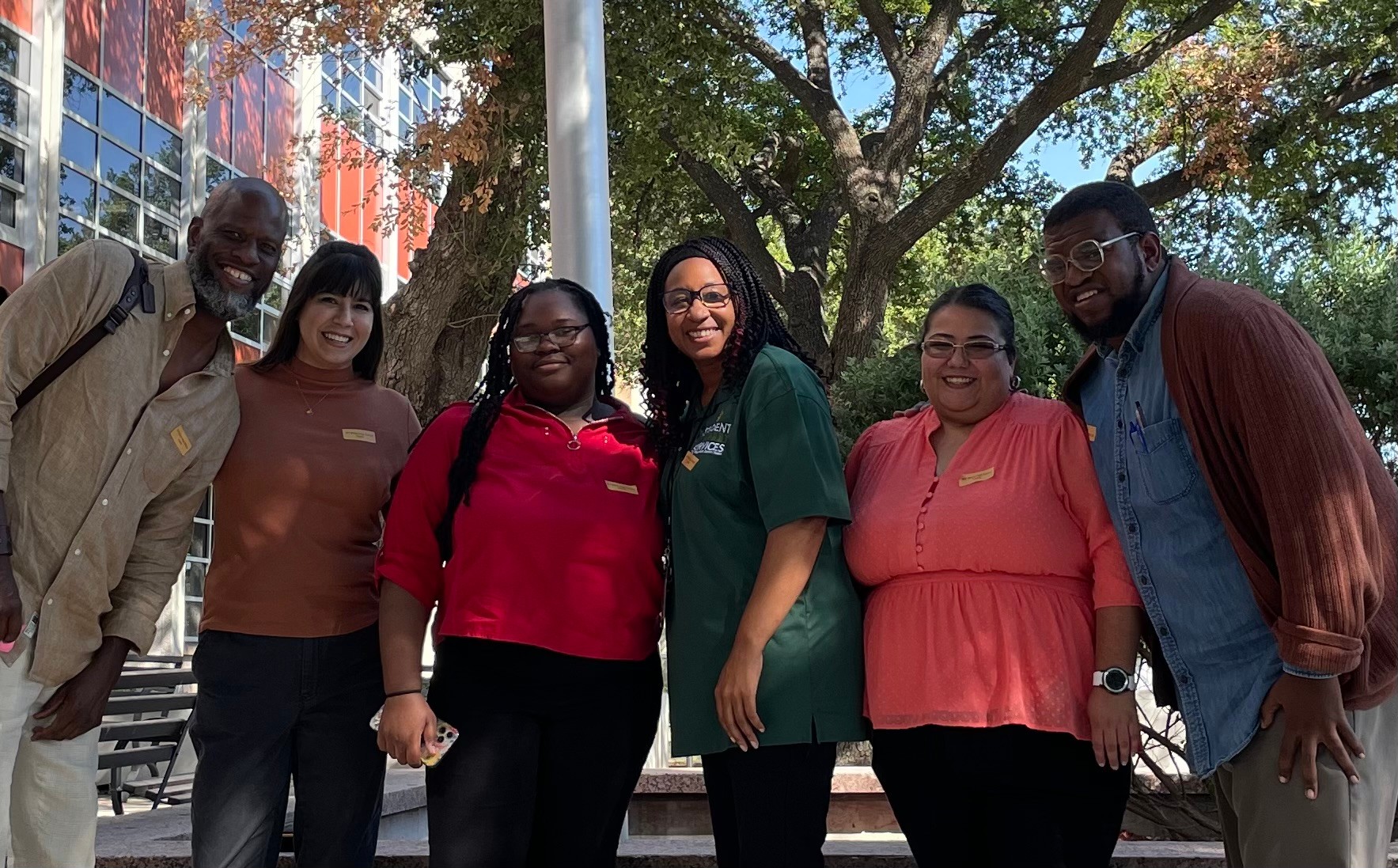
Image Credits
Lauren Glover
Dr. Nikki Chamblee
Erin Salehi

